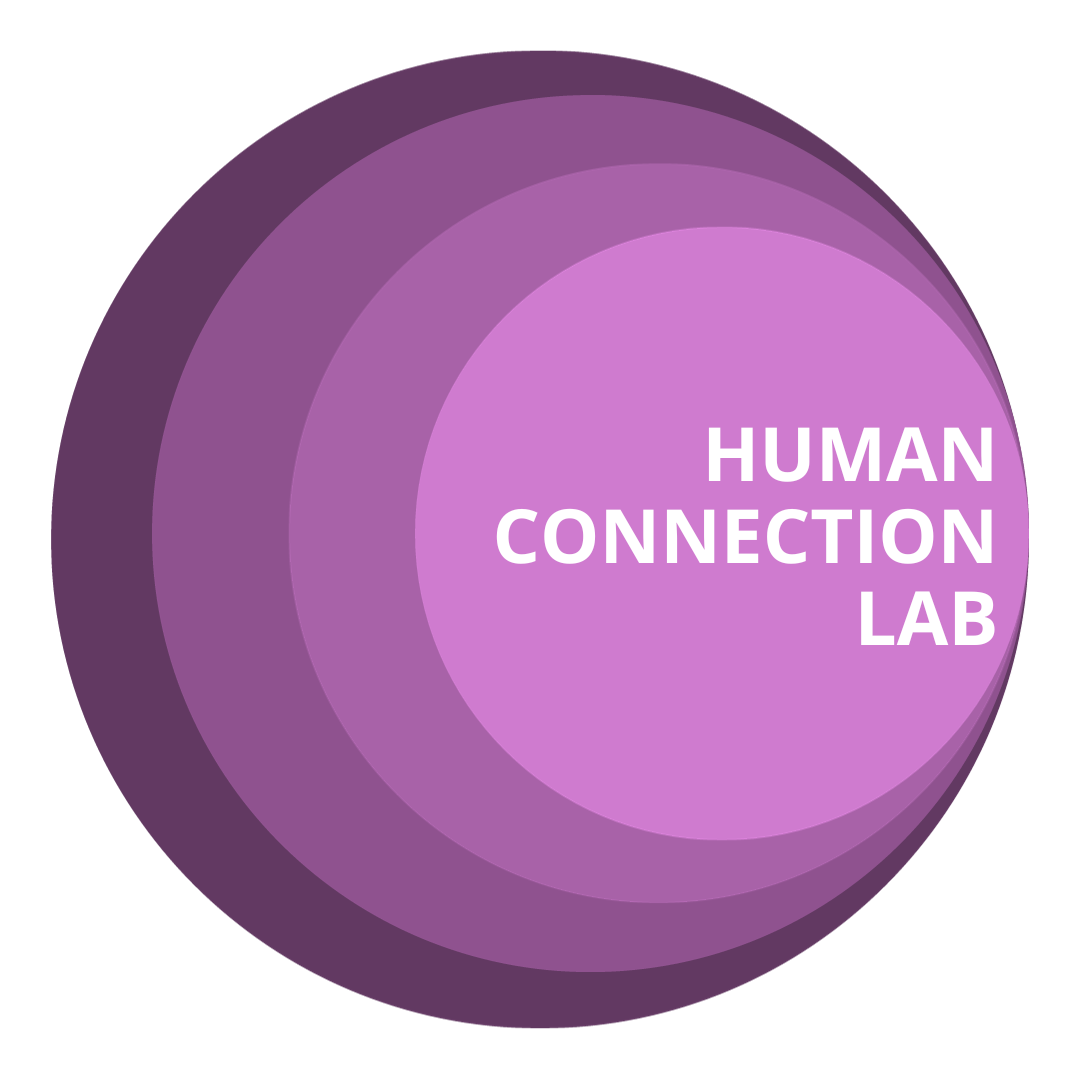Rates for Services
When I think about where I want my work to go, I always come back to working more with survivors of SA, especially CSA, also survivors of narcissistic abuse, etc - basically unhealthy relationships no matter when they happen in their life. What I fear though, is that the work isn't easily afforded by many that need it most. I internally battle how to manage the crossroads of need and access.
I decided to take a big leap and make a change I've contemplated for some time. I'm adjusting my rates to a self-determining model.
Surrogate Partner Therapy, Professional Cuddling, and Touch Therapy - relational forms of therapy - are extremely intensive processes for both client and practitioner. It is important to me to be able to offer this work to historically underserved populations while also abstaining from burnout so I can bring all of my clients my best self. For this reason, I have implemented an anti-oppression rate-based structure, also known as “sliding scale,” wherein redistribution-range clients make it sustainable for me to serve my sliding scale clients.
The following is a list of questions taken from N. Oumou Sylla, LMFT. I ask clients to read through with pen and paper and tally their answers to determine their payment tier. Your work will not be checked, this is a self-selection process. This is meant to be a guide, not a prescription. you know your financial reality better than any person or any scale. This can be an opportunity to examine your resources.
Are you and your family homeowners or landowners? (This question does not apply to those who are Native or Indigenous)
Did you experience early life abundance and are now only experiencing “temporary scarcity”?
Are you able-bodied?
Do you have a degree that you did not pay with loans (private and federal)?
Are you able to make payments on bills or credit cards?
Do you experience housing security or stability?
Do you work part-time by choice?
Do you work for less pay by choice?
Do you experience ease when paying bills?
Do you have a relatively high degree of earning power due to your level of or kind of education (or gender and racial privilege, class background, etc…even if you are not currently exercising your earning power, I ask you to recognize this as a choice)?
Do you have access to residual, gifted, supplemental, or passive income?
Have you been able to easily access and afford health insurance for yourself?
Do you have income generating assets (real estate, investments, stocks)?
Do you have zero to no debt?
Are you able to financially manage your debt?
Do you have a safety net composed of “financially stable” or wealthy family and friends?
Do you have access to a network of wealth?
Do you have U.S. Citizenship?
Do you have the ability to choose to work or not?
Does your income only support you, and not other loved ones?
Have you or do you expect to inherit money or property?
Have you (or could you have attended college and/or graduate school)?
Have you attended private education institutions or do you have an advanced degree?
Do you have income that is not from disability or social security?
Do you have access to income that allows you to (regularly) vacation and spend money on other personal wants/desires?
Standard full fee: $200/hr
All/Mostly Yes’s ➤➤➤ Redistribution range: $220-$275
Equal Yes’s and No’s ➤➤➤ Full range: $170-$220
Mostly No’s ➤➤➤ Accessible range: $100-$165
Please note that this sliding scale was inspired by:
Kenya Crawford, Mia Schachter, Brandon Hunter-Haydon and more.
